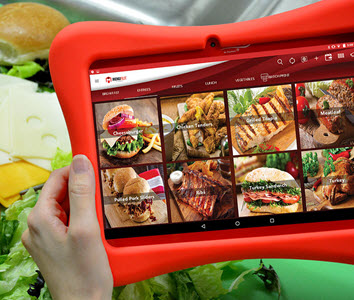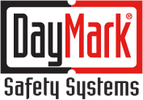Floating on a Cloud in the Food Service Industry
Posted on 7th Feb 2019

Cloud computing is making significant inroads into the food service industry, and given the impact it is having, it may very well distinguish the winners from the runners-up. The more those in the industry know about cloud computing, the better able they will be to take advantage of all the benefits it has to offer.
What is cloud computing?
Whenever someone uses an online service to send email and documents, watch movies or television, or even play games, they are probably using a form of cloud computing. Many people are likely using cloud computing right now.
What makes cloud computing work is a combination of software, hardware and special applications (known as apps), all communicating instantly.
As recently as 15 years ago, much of this information had to be stored on a computer's hard drive. Now, it is all accessed by cloud providers that can deliver the same information to thousands—if not millions—of computer users all at the same time.
Before jumping on the cloud-computing bandwagon, though, it’s important to know about the three types of clouds that are available for use:
- The public cloud allows information to be available to the general public. Because of its openness, it tends to be less secure.
- A private cloud allows information to be accessed only within an organization. This information is secured and often password protected.
- A hybrid cloud is a combination of public and private information. With a hybrid cloud, data can be delivered by a public cloud as well as a private cloud. However, access to the private cloud is restricted.
Once food service operators understand what the cloud is, their first question is usually, “How safe is it?”
The answer is that it is far safer than data stored on a personal computer. Most cloud service providers have developed four security controls that help protect users and their information:
- Deterrent controls, which act as a warning system to potential hackers that a particular cloud is safeguarded.
- Preventive controls, designed to make it less likely that an unauthorized user can access cloud information.
- Detective controls, which detect and react to a potential hacking incident, protecting data stored in the cloud.
- Corrective controls, which limit the amount of damage a breach might have on a cloud system.
A perfect example of cloud computing is DayMark's Kitchen Automation System, which is made up of three cloud-based components:
- The MenuCommand portal allows instant communication of critical data from this central location to all food service operations within the same company.
- This information is distributed over the cloud to the MenuPilot app, which runs on special Android tablets available through DayMark.
- Labeling information from MenuPilot can be delivered to the Matt85 direct thermal printer, which can print food labels anytime, anywhere.
The system is an example of a private cloud and it is engineered to ensure all data is protected and safe using the security controls just described.
With cloud computing becoming increasingly prevalent, operators should learn which is best for them sooner rather than later, then find the appropriate partner to help set up and maintain it.
Article originally appeared on the Restaurant Business website.


